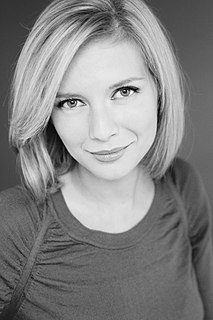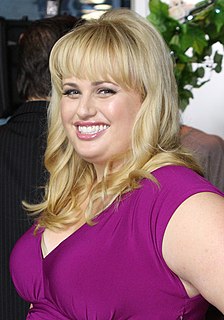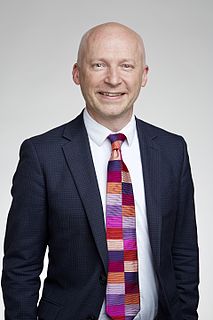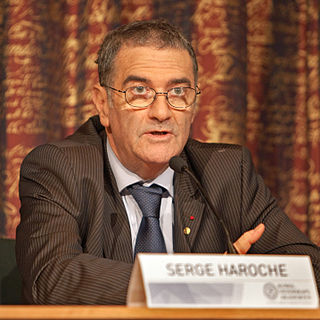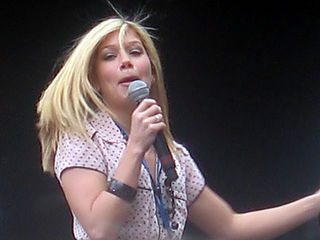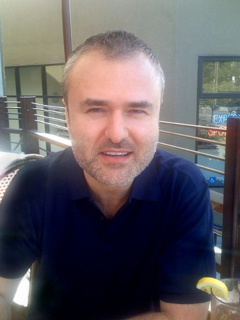A Quote by Liz Truss
In other countries you can do high-level maths or general maths, whereas we've just got all-or-nothing. We need to give people another option from 16-18. Not everyone is going to want to become a rocket scientist but that doesn't mean that maths isn't extremely useful.


